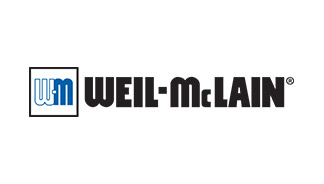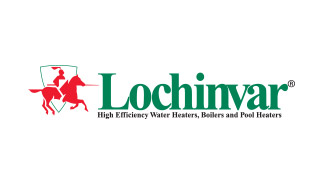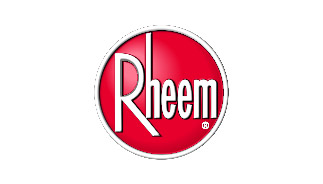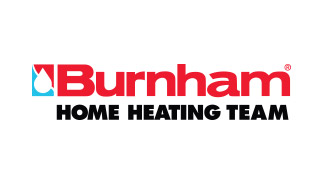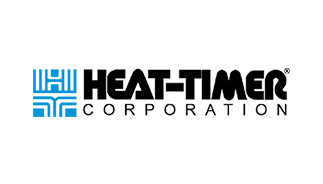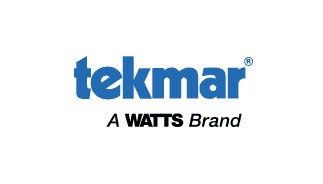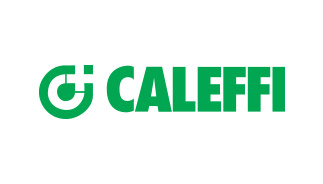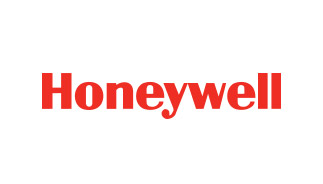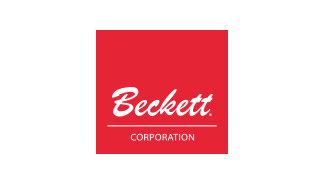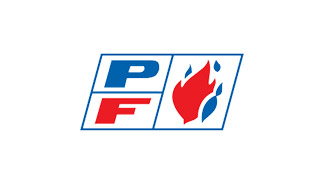Published on
February 10th, 2022Boiler Room Safety Checklist: Use These Devices and Protocols to Protect Workers and Your Property
Your boiler is the heart of your property, especially in winter, when it not only supplies hot water but heat as well. To make sure your boiler system is running properly and to improve safety for your property, Calray Boilers offers this boiler room safety checklist. Use this list to do boiler system checks on your own. We end this post with some suggestions for additional steps you can take to improve boiler safety and efficient operation.
Boiler Room Safety Checklist
Create an inspection schedule
You don’t want to approach boiler safety and maintenance in a haphazard manner. Sit down with all parties involved and put together a boiler schedule. Decide how often you will check over components on the list below (daily, weekly, etc.), who will perform the inspection, and where it will be recorded. Also, what is your protocol if you find something is amiss with the boiler, even if it seems to be operating okay at that moment?
Keep a boiler inspection and maintenance log
Smart property owners and managers maintain a log for their boiler. There are multiple benefits to this:
- Everyone will always know when the boiler was last checked.
- You can keep track of any problems and know when they were first discovered.
- It makes communicating with your boiler experts easier.
- You won’t forget professional boiler maintenance (see below) or city-mandated boiler responsibilities (also discussed below).
- It shows you are approaching boiler care with a professional attitude and may even help you should any legal issues arise (e.g., a tenant who is unhappy about lack of heat through no fault of your own).
- Keep your boiler inspection log with any other documentation related to the boiler system.
Check these items regularly
Here are the items you should be checking.
- Are there any water leaks? (There should be no buckets catching dripping water.)
- Check the boiler water level to ensure it’s at the proper height to avoid priming or carryover (boiler water or particles in the steam lines).
- Are the boiler sounds normal (no grinding/excess vibrating from pumps or rattling/banging sounds that could indicate surging)?
- Are the valves and seals functioning properly (no leaks, corrosion, sediment buildup, hardening, or cracking)?
- Are the automatic functions working properly? Is the water feeder operating correctly to add water as needed (not stuck or malfunctioning)? Are the steam traps returning condensate in the anticipated volume?
- Is the boiler igniting properly — not too often or too infrequently? Is the burner igniting within a few seconds of being triggered on?
Most modern boilers have very sensitive settings that shouldn’t be tampered with. In most cases, if you notice something is amiss with a gauge or reading, don’t attempt to fix it yourself. Call Calray and we will make the adjustments.
At least once a month, or as often as required by common sense or by law for your property, check smoke alarms and carbon monoxide detectors to make sure they are working correctly. Any battery-powered devices should have the batteries tested and replaced as needed.
You may also need to periodically check your boiler water for sediment, minerals, and other elements. Chemical treatment is often necessary to reach the proper pH and prevent boiler overheating or wear and tear.
Add any checks specific to your boiler model and building
Every boiler system and property is unique. Use the list above as a starting point to build your own checklist together with your boiler service professionals. You may have items you need to add for your particular boiler model, for an issue that has cropped up recently, or for an old boiler that is nearly ready to be replaced.
Other Steps You Can Take to Improve Commercial Boiler Safety
Keep the boiler room only for boiler room functions
Resist the temptation to use your boiler room for storage or other non-boiler functions. You don’t want to keep cleaning chemicals, paper products, and other flammable substances near the boiler. Keeping the room free of clutter also reduces slip-and-fall accidents that result in injuries and workers compensation claims.
Don’t put off regular professional boiler maintenance
Performing routine boiler inspections is terrific, but it doesn’t substitute for professional service. You should have your boiler system inspected by Calray Boilers at least once per year. We can catch things you miss before they become dangerous or expensive. We will also fine-tune the boiler for more efficient operation, which saves on fuel, electricity, and water costs.
Be sure to follow city rules for boiler registration and inspection
When you install a new boiler or replace a significant portion of an old boiler, it must be inspected. Additionally, your boiler must be registered with the city’s Department of Environmental Protection every three years. This helps with New York City air quality, and staying on time with your inspection prevents citations and fines from the city.
Replace a boiler that is too far past its useful service life
Sometimes it’s simply not possible to keep repairing an old boiler any longer. Although installing a new boiler is an expense upfront and entails some disruption, it’s better to plan for it before your old boiler conks out completely. In the long run, you’ll save on headaches, cost of operation, tenant complaints, and safety worries.
If you need help putting together a boiler safety checklist for your specific boiler, have problems that need fixing, are overdue for a boiler inspection, or would like to upgrade your boiler with new parts or a controller, we’re here to help.
Call Calray Boilers at 212-722-5506 or schedule an appointment online at your convenience.
